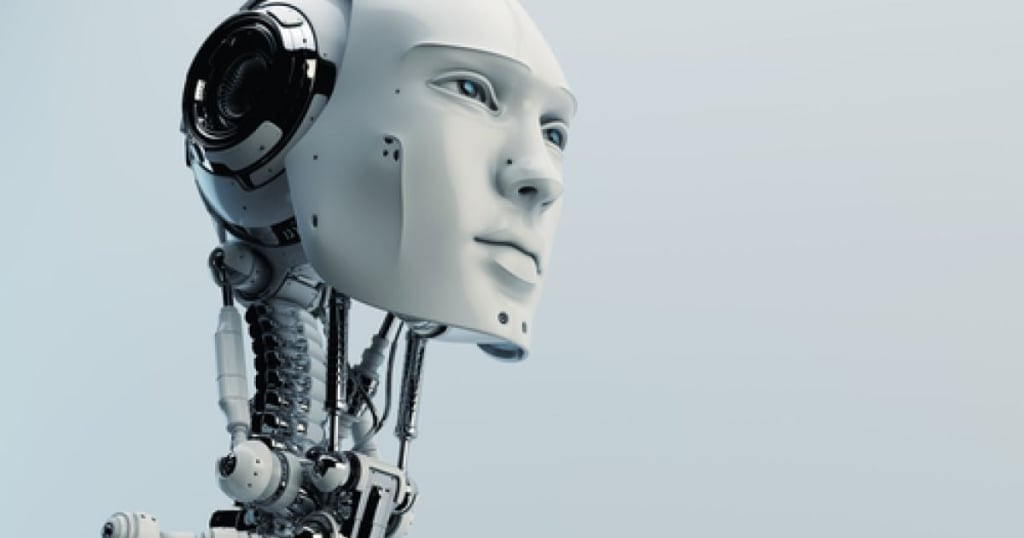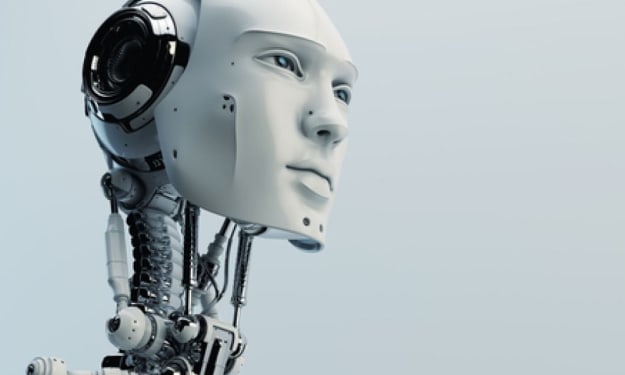The Perilous Progression of AI
A Deep Dive into the Evolution and Potential Dangers of Artificial intelligence

Chapter 1: The Birth of AI
Artificial Intelligence, or AI, is the field of study and research focused on creating intelligent machines that can think, reason, and learn like humans. Although AI is a relatively new concept in the grand scheme of human history, its roots can be traced back to ancient myths and legends. The ancient Greeks, for example, told stories of mechanical creatures created by the gods, while the Chinese and Indian cultures developed complex automatons that could perform simple tasks.
It wasn't until the mid-20th century, however, that AI began to take shape as a field of study. In 1956, a group of researchers gathered at Dartmouth College to discuss the possibility of creating machines that could think and learn like humans. This conference, now known as the Dartmouth Conference, is considered to be the birthplace of AI.
At the time, the researchers believed that creating an intelligent machine was a matter of programming it with a set of rules and algorithms. They believed that if they could just figure out the right set of instructions, they could create a machine that could solve complex problems and reason like a human.
However, early attempts at creating intelligent machines were met with limited success. The first AI program, developed by Allen Newell and Herbert Simon in the late 1950s, was able to prove mathematical theorems, but it was limited in its ability to solve real-world problems.
Throughout the 1960s and 1970s, AI researchers continued to explore different approaches to creating intelligent machines. Some focused on rule-based systems, while others looked at how the brain processes information to create more human-like AI.
Despite these efforts, progress in AI was slow. Computers were not yet powerful enough to handle the massive amounts of data and processing power needed for true AI. In addition, there was a lack of funding and interest in the field, as many saw AI as nothing more than science fiction.
It wasn't until the 1980s and 1990s that AI began to make significant progress. The development of machine learning and neural networks, which allowed machines to learn from data and make decisions based on that data, opened up new possibilities for AI.
One of the breakthroughs in machine learning came in 1997, when IBM's Deep Blue defeated world chess champion Garry Kasparov in a six-game match. This was the first time a machine had defeated a human world champion in a game of chess, and it demonstrated the potential of machine learning in complex problem-solving.
Another major breakthrough in machine learning came in 2012, when researchers at the University of Toronto developed a neural network known as AlexNet. This network was able to recognize objects in images with unprecedented accuracy, paving the way for advances in image and speech recognition.
Today, machine learning is used in a wide range of applications, from self-driving cars to virtual assistants. These systems rely on large amounts of data to train their algorithms and improve their performance over time.
While AI has made significant progress in recent years, there are still many challenges that need to be addressed. One of the biggest challenges is the lack of transparency and explainability in many AI systems. As these systems become more complex, it becomes increasingly difficult to understand how they make decisions and whether those decisions are biased or unfair.
There are also concerns about the potential dangers of AI, particularly as it becomes more powerful and sophisticated. Some experts worry that AI could pose a threat to jobs and employment, as machines become more capable of performing tasks traditionally done by humans. Others worry about the potential for AI to be used for nefarious purposes, such as cyberattacks or misinformation campaigns.
Despite these concerns, there is no denying the incredible potential of AI to transform the world





Comments
There are no comments for this story
Be the first to respond and start the conversation.